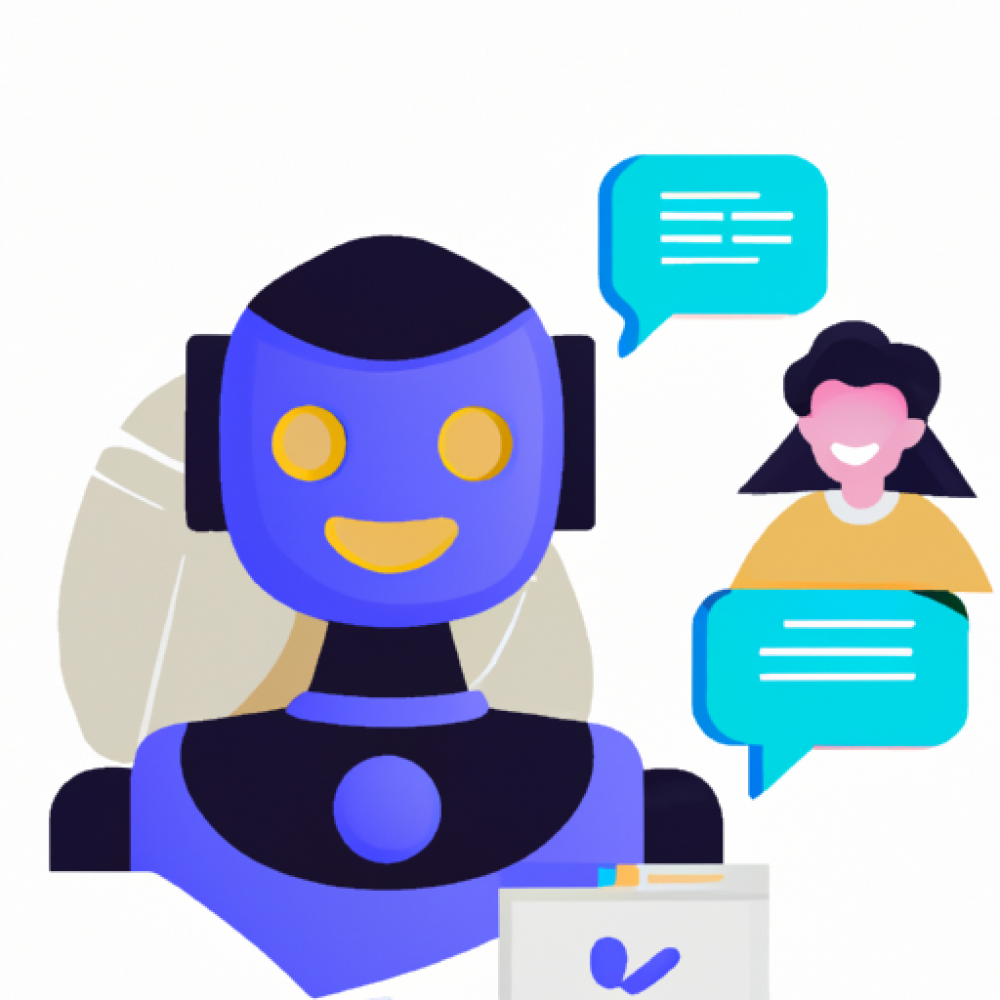
The Battle of the Chatbots: Google's Bard Takes on ChatGPT
Introducing Bard: Google's new AI chatbot
Google has announced the launch of its new AI-powered chatbot called Bard, which aims to compete with ChatGPT. The chatbot will be used by a group of testers before being rolled out to the public in the coming weeks. Built on Google's existing large language model LaMDA, Bard aims to combine the breadth of the world's knowledge with the power and creativity of its large language models. While Google boss Sundar Pichai highlighted his desire for the AI services to be "bold and responsible", concerns remain around how Bard will prevent sharing harmful or abusive content.
AI chatbots are designed to answer questions and find information. ChatGPT is currently the best-known example, and it uses what's on the internet as an enormous database of knowledge. However, there are concerns that this can also include offensive material and disinformation. Bard seeks to solve these issues by using Google's large language model LaMDA, which one engineer described as being so human-like in its responses that he believed it was sentient.
The rise of AI chatbots and their potential impact on internet search
Google has also announced new AI tools for its current search engine, with the ultimate aim of replacing pages of web links with one definitive answer. Chatbots have the potential to answer questions and carry out requests in text form, based on information from the internet as it was in 2021. ChatGPT, for example, can generate speeches, songs, marketing copy, news articles, and student essays. While it is currently free for people to use, it costs the firm a few pennies each time somebody does. OpenAI recently announced a subscription tier to complement free access.
Sundar Pichai said that people are using Google search to ask more nuanced questions than ever before. Whereas a common question about the piano in the past may have been how many keys it has, now it is more likely to be whether it is more difficult to learn than the guitar, which does not have an immediate factual answer. "AI can be helpful in these moments, synthesizing insights for questions where there's no one right answer," he wrote.
Google's approach to developing AI services that are both bold and responsible
Google's announcement follows wide speculation that Microsoft is about to bring the AI chatbot ChatGPT to its search engine Bing, following a multi-billion dollar investment in the firm behind it, OpenAI. As AI chatbots continue to become more popular and widespread, the need for responsible and ethical AI practices becomes increasingly important. Pichai stressed that he wanted Google's AI services to be "bold and responsible," but did not elaborate on how Bard would be prevented from sharing harmful or abusive content.
The platform will initially operate on a "lightweight" version of LaMDA, requiring less power so that more people can use it at once, he said.
Google's move to launch Bard is seen as an attempt to counter Microsoft's efforts to integrate ChatGPT into its search engine Bing. Microsoft recently invested billions of dollars in OpenAI, the company behind ChatGPT.
Chatbots have been gaining popularity in recent years as a way to provide fast and accurate responses to user queries. They are particularly useful for businesses that want to automate their customer support processes and save on operational costs.
However, there have been concerns about the use of chatbots to spread false information and propaganda. In 2016, a chatbot developed by Microsoft called Tay had to be shut down within a day of its launch after it began posting offensive tweets.
The launch of Bard also comes at a time when the use of AI in search engines is becoming increasingly important. With the rise of voice assistants like Amazon's Alexa and Google Assistant, users are now asking more complex and nuanced questions, which require AI to provide accurate and helpful responses.
The future of AI-powered search and its potential to revolutionize how we find information online
Google's investment in Bard shows that the company is committed to staying at the forefront of AI technology and providing its users with the best possible search experience. The platform is expected to be a game-changer in the world of chatbots, and its success will likely be determined by how well it is able to integrate with Google's existing products and services.
In conclusion, Google's launch of Bard, an AI-powered chatbot, marks the company's entry into the world of chatbots, a space that has been dominated by ChatGPT. Built on Google's existing large language model LaMDA, Bard is designed to provide users with fast and accurate responses to their queries. With the launch of Bard, Google is making a bold move to counter Microsoft's efforts to integrate ChatGPT into its search engine Bing. As the use of AI in search engines becomes increasingly important, Bard's success will likely be determined by how well it is able to integrate with Google's existing products and services, and how effectively it can address concerns around the spread of false information and propaganda.
